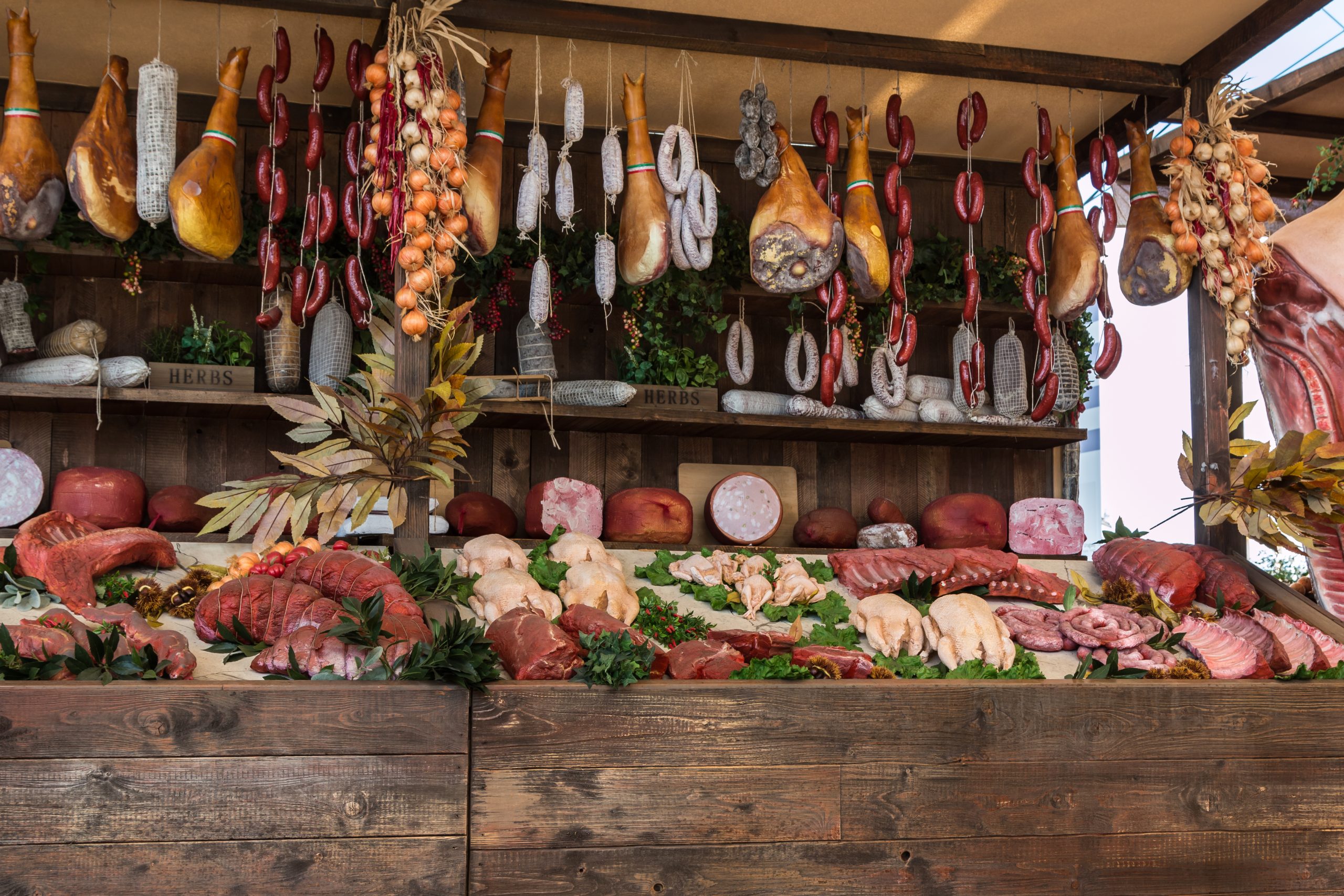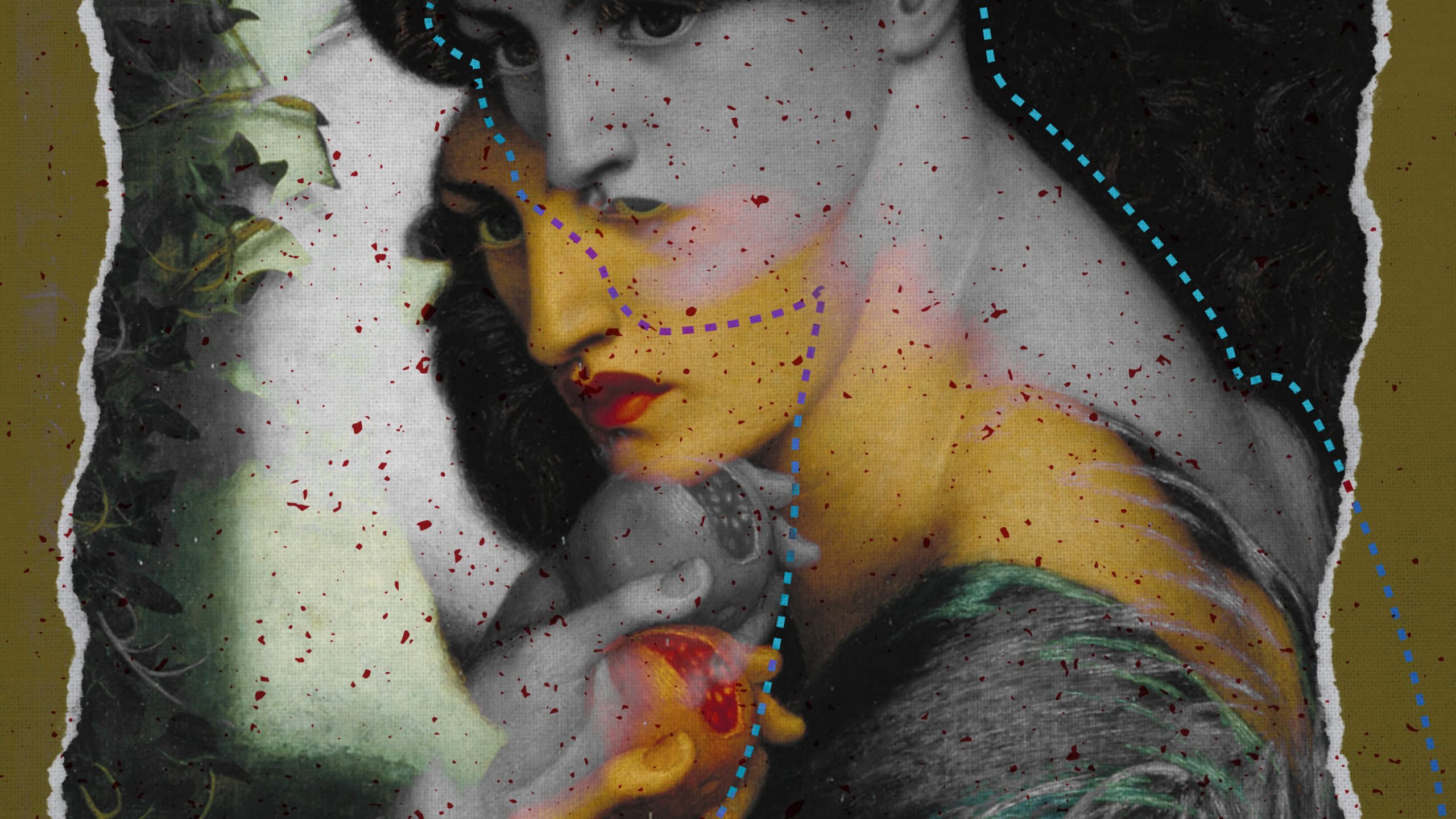Politics is downstream from agriculture.
Curriculum for the Soul

An interview with Jessica Jansen of the Saint Edith Stein School for Girls.
The German philosopher Edith Stein, also known as Saint Theresa Benedicta of the Cross, converted from Judaism to become a Carmelite nun. She was martyred in the gas chamber at Auschwitz. Five years ago, Jessica Jansen helped found the Saint Edith Stein School for girls in Front Royal, Virginia. This small bastion of high-quality education, in the same small town that hosts Christendom College, recently gained some attention online for its unique approach to girls’ education. Because their efforts were grassroots, because they are so deeply countercultural, and because they are effective, Helen Roy asked Jessica to explain both the school’s philosophy and the practical matter of getting things started. Helen hopes this record of Saint Edith Stein’s success may serve as a blueprint for readers with similar intuitions and aspirations.
Helen Roy: What is the mission of St. Edith Stein School?
Jessica Jansen: Within the broad educational culture of our country, traditionally feminine subjects have fallen out of curriculum in favor of a more rigid system of acquiring, credentialing, and applying abstract knowledge. Whether in the name of efficiency or by a casual disregard of the feminine, this one-size-fits-all, gender-blind approach to education leaves women feeling disjointed, disassociated from their inner life. More broadly speaking, the concrete, beautiful, perhaps mundane things—poetry, gardening, or managing a home, for instance—have fallen out of fashion in life as well as in school, which is a great loss for society as a whole. In establishing St. Edith Stein School for girls, we wanted to understand the intellectual, emotional, and spiritual differences between girls and boys, respect them, and respond to girls’ unique educational needs.
In The Ethos of Women’s Professions, Edith Stein wrote, “Woman naturally seeks to embrace that which is living, personal and whole. To cherish, guard, protect, nourish and advance growth is her natural, maternal yearning.”
With this in mind, our mission is to provide an authentically feminine high school education which seeks to form young women in what is virtuous, real and lovely. While taking into account the current cultural climate, our school is dedicated to the Christian rediscovery and development of women’s role in society, especially as pertains to her unique role in the transmission of culture to future generations. It is our goal to educate young women who will seek true and meaningful Christian freedom in the practice of piety, service, creativity and resourcefulness.
H.R. Why Edith Stein?
J.J. The culture today simply is not aligned with the authentic needs of women. Although people speak openly and often about women’s rights and interests, no one is willing to go deep: what are women’s needs really? Women’s needs must arise from a unique spiritual formation. If we deny or neglect this, “rights” and “interests” become foregone conclusions that we take for granted—despite the fact that our conception of them has only a tenuous connection to reality. When it comes to women’s issues, we rarely analyze in a meaningful way. We cannot look to the base reality of womanhood, because we have pre-programmed answers in mind. Edith Stein struck to the heart of this question.
We batted around a couple different female saints, but Stein came to the fore because she addresses modern philosophy, and modern questions about girls’ vocation and women’s place in the modern world; she was in our world, but not of it. She was one of the few people who actually talked about women’s education. She was interested in well-formed thought. She acknowledged that women need to be engaged in concrete tasks, the personal, the nurturing, no matter the vocation, and she advocated for women’s education to be centered on emotionally formative subjects: history, literature, poetry, and art. For Stein, and for us, it is not simply about learning a specific body of knowledge or skill, but about cultivating an aesthetic sense. Edith Stein embodied that example. Also, she’s simply heroic. She was a martyr. The world needs authentically feminine heroism in the same vein.
H.R. The country is seeing unprecedented levels of mental illness in teenage girls. What does happiness mean to the St. Edith Stein student?
J.J. What we try to do is emphasize real human communication, connection, and a closeness to nature. We are very low-tech. Our curriculum is such that we want the girls to encounter real things, non-virtual things. We have a required natural history course which often takes place outside, where they may cultivate their powers of observation, hike, etc.
In the broader culture now, we are rather unfairly asking young people to live in a world removed from reality. It is our sense that the further you get from the natural, the immediate, and the real, the faster your descent into delusion and depression. But as our girls are encountering nature, the world, and each other, they are living in a happier, healthier way. We require girls to turn in cell phones at the beginning of the day until they leave school. During the school day, we permit no personal electronics, but we must emphasize that our relationship to technology is not a Luddite, “no-no-no” perspective, but rather that we are simply doing something real, and that’s not part of it.
H.R. Let’s speak practically. What was your first step in getting this project up and running? What advice might you offer someone with similar sensibilities and aspirations?
J.J. Our first step was to come together as a community. This project was started by a group of women in Front Royal, Virginia, who had all been linked to a Catholic elementary school in town and sensed that single-sex education was a need. Together, we put a curriculum in place very early on and developed a plan and a vision. It was the product of friendships and conversation, of Catholic connection.
The connection with the elementary school was key, because that was the pool of students from which we gathered our inaugural class of girls. We advertised through the school and parish and eventually were able to put together a promotional video, which has garnered a surprising and enthusiastic response from across the country.
Our biggest challenges are not unique to us: we are small, we sometimes struggle to get our message across, and of course, there’s the problem of fundraising. One problem that is more specific to our situation is that there is really no pattern to replicate. Very few all-girls’ schools remain in the country. Of those remaining, basically none are doing what we are trying to do. Finding sources of practical help as an innovative institution can sometimes feel impossible. Our solution has been to make decisions by talking to women with teenage girls about their real needs. We talk to women who have been through boarding school and all girls’ education. The community is essential, and the women we have—especially the other women that I work with—are like-minded. We share a mission greater than ourselves. It is not a power struggle; we are reliant on each other for help. Sometimes it’s hard for women to do these things because women are running their own lives. Many of us have children and various calls on our time. So we must rely on each other, and we do.
H.R. How do you plan on securing the continuation of the school’s traditions beyond your time? What about St. Edith Stein School, aside from the institution itself, do you hope endures?
J.J. Our curriculum simultaneously reaches into the past and reaches for the eternal. We have a common-sense curriculum, itself based on perpetuating tradition. This is not a fad. It is not designed for the needs of the market, but for the needs of the soul. This makes it enduring on its own terms. In addition, our results are very telling. Country-wide, people are inspired by the mission. We often hear from women who are interested in this for the sake of their daughters, and women who wish they would have had access to such an education for their own sake. High school is the last chance at childhood and the first step into adulthood. An all-girls system and an authentically feminine curriculum preserves their freedom to be girls, and their virtue as burgeoning women. Our first seniors are graduating this year. When you take a chance, you don’t always know where it’s going to go. But seeing our girls comfortable with who they are—their quiet confidence—is inspiring and validating.
The American Mind presents a range of perspectives. Views are writers’ own and do not necessarily represent those of The Claremont Institute.
The American Mind is a publication of the Claremont Institute, a non-profit 501(c)(3) organization, dedicated to restoring the principles of the American Founding to their rightful, preeminent authority in our national life. Interested in supporting our work? Gifts to the Claremont Institute are tax-deductible.
The messy union of body and soul.
The Left’s future leaves marriage and family in the past.
Real reform means raising valorous men and women.




